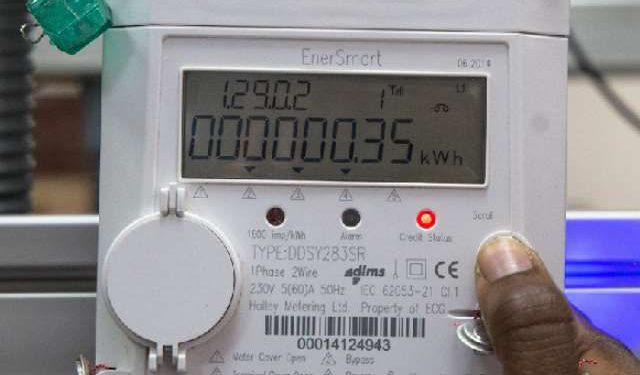Some business associations have launched a scathing attack on the country’s electricity pricing regime, describing it as “anti-business, anti-growth, and fundamentally flawed.”
In a joint statement, the Food and Beverages Association of Ghana (FABAG), the Ghana Union of Traders Association (GUTA), and the Ghana Plastic Manufacturers Association expressed outrage at the Public Utilities Regulatory Commission’s (PURC) plans to increase electricity tariffs next year.
The groups warned that persistent hikes in power tariffs are crippling local industries, discouraging investment, and forcing some businesses to downsize or shut down operations.
“Ghanaian enterprises and citizens are being strangled by tariffs that defy economic logic, crush competitiveness, and create fertile ground for illegal connections and power theft,” the statement said.
FABAG argued that the current pricing system “punishes honest businesses and rewards inefficiency,” forcing many law-abiding consumers to subsidize losses caused by mismanagement and corruption within the power sector. The association cautioned that unaffordable power bills are driving some businesses to bypass official systems, worsening the menace of illegal electricity connections.
“When electricity becomes unaffordable, it becomes a target for illegal access,” FABAG warned. “We are fast creating a society where honest business owners are punished while defaulters thrive.”
The associations further criticized the tariff structure for disproportionately affecting energy-intensive sectors such as manufacturing, cold storage, and agribusiness. They argued that the system undermines the government’s vision of industrialization and makes imported goods more competitive than locally produced alternatives.
“The current pricing system is a clear betrayal of government’s own promise to make Ghana an industrial hub,” the statement said.
FABAG and its partners called for comprehensive reforms, including an independent audit of power generation and distribution costs, a transparent tariff structure that rewards efficiency, and urgent relief measures for businesses. They also demanded tougher action against internal waste and corruption in the utilities sector.
“No amount of higher tariffs can sustainably compensate for inefficiency, poor revenue collection, and corruption,” the groups asserted. “The government and PURC must face the truth — this is not a pricing system, it’s a trap that kills jobs, discourages investment, and fuels criminality.”
The associations urged President John Mahama and the PURC to act decisively. “Electricity must empower, not impoverish. It’s time for policies that support honest businesses and Ghana’s economic future,” they declared.
CNR


